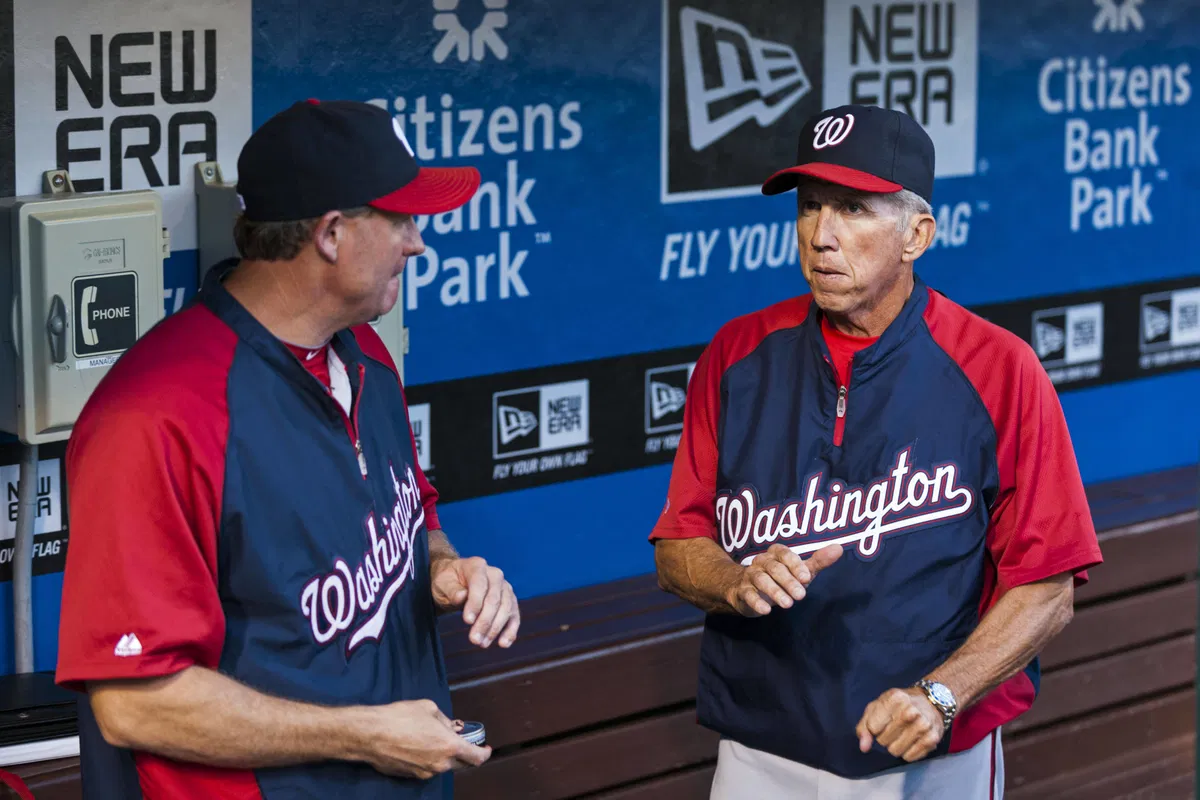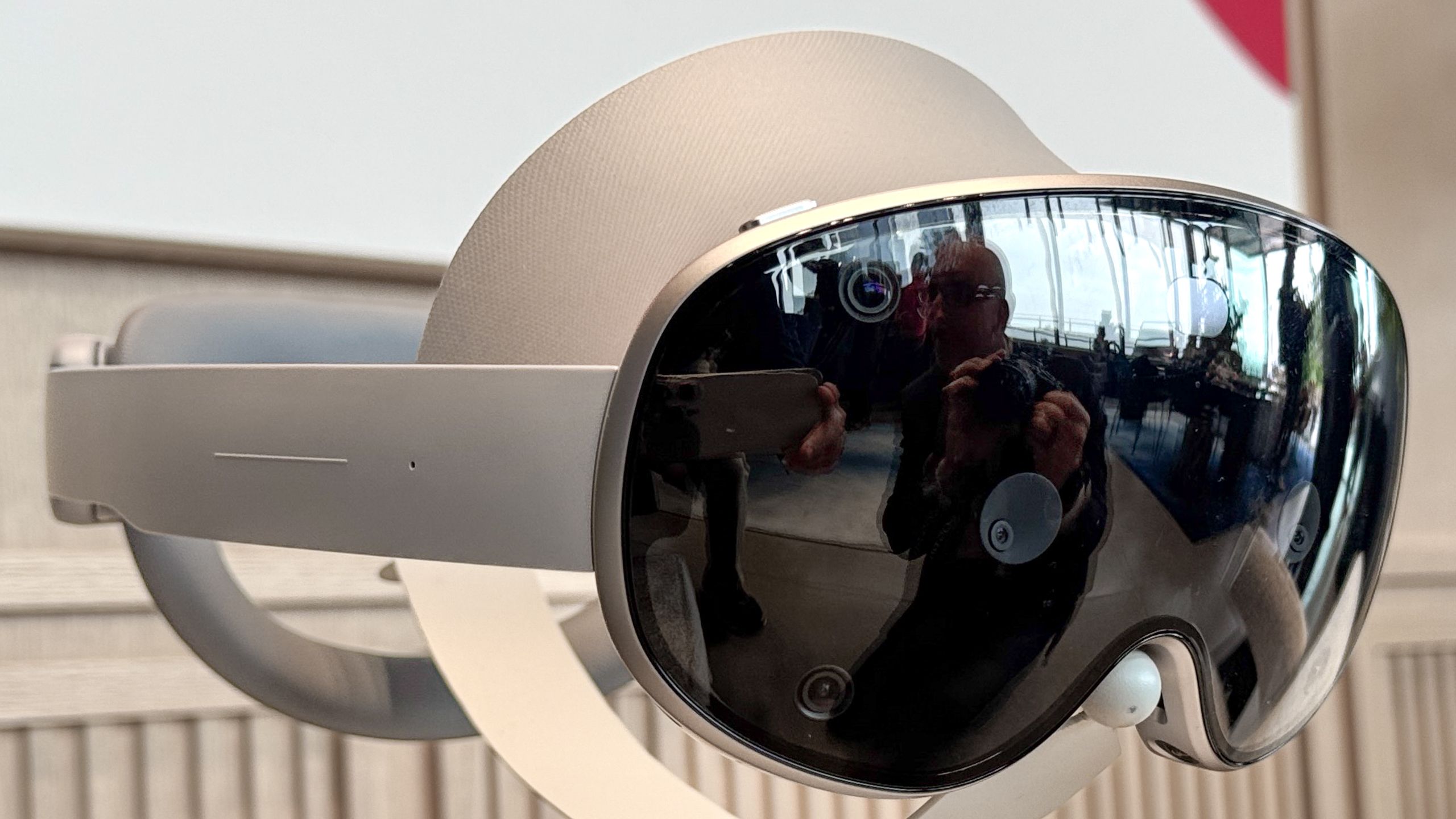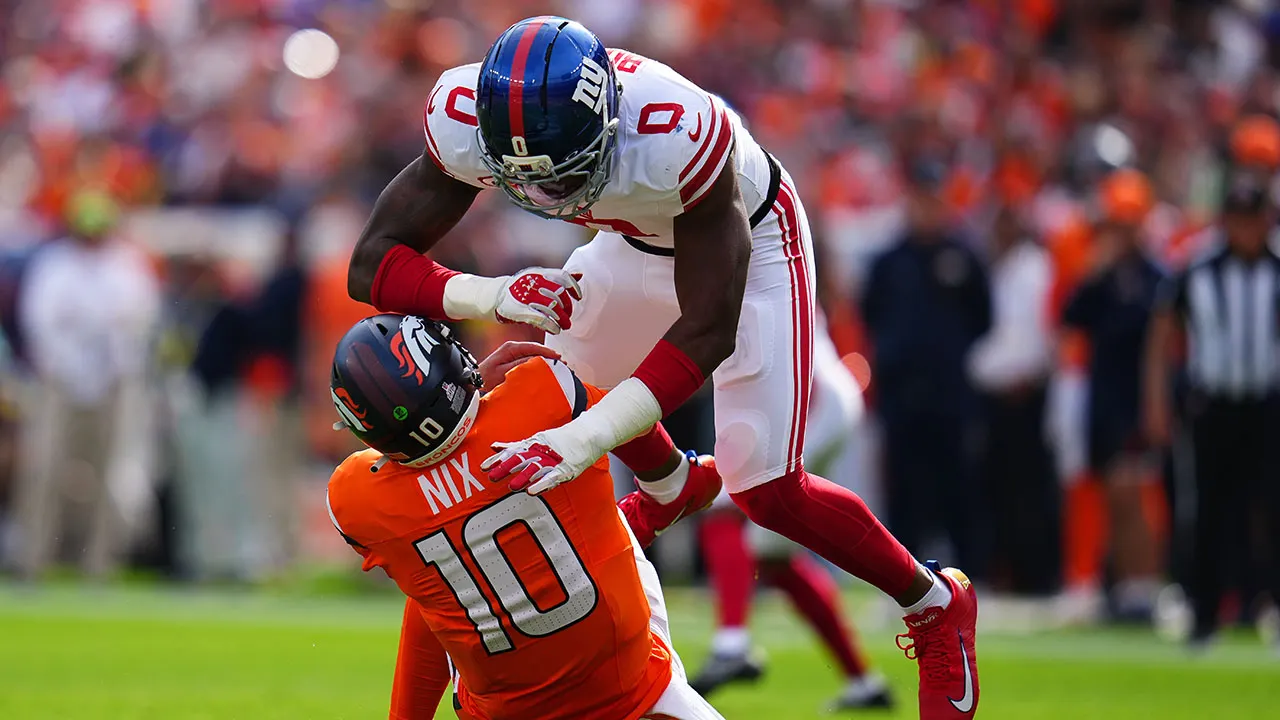Copyright Essentially Sports

Getting a jersey signed is every baseball fan’s dream. Players know this and typically sign whatever comes their way—jerseys, bats, balls, you name it. However, Randy Johnson isn’t wired that way. The Big Unit, who won five Cy Young Awards, has one strict rule at signings: jerseys are off-limits. When fans finally asked why, his answer showed the same calculated approach that made him strike out 4,875 batters. Recently, Johnson returned to the mound to throw the ceremonial first pitch during Game 3 of the ALCS in support of his former team, the Mariners. Fans welcomed him with cheers, as they have always appreciated his intense competitiveness and strong presence on the field. However, it was his interactions with the fans that generated the most discussion. During a recent signing session, curious fans pressed Johnson about his jersey policy. His answer revealed a thoughtful strategy most wouldn’t expect. Randy Johnson explained, “Because the one thing that I don’t sign, because the one thing that can raise money for charities, buy charities, other people’s charities, because there’s not a lot of them floating out there. There’s no such thing as a single sign unless I’ve signed it for somebody and bought it for a nonprofit.” And when fans listened to his logic, they were amused and loved his thinking as one of them said, “That’s awesome.” ADVERTISEMENT Article continues below this ad Johnson’s autograph philosophy isn’t new. Years ago, sports journalist Darren Rovell saw it firsthand when Diamondbacks owner Jerry Colangelo required players to sign autographs before games. Unlike others, Johnson insisted on personalizing each autograph, asking for fans’ names—and if they refused, he wouldn’t sign. That discipline still defines him. ADVERTISEMENT Article continues below this ad While players like Derek Jeter, Ken Griffey Jr., and Cal Ripken Jr. sign freely, Johnson’s approach is deliberate, rooted in authenticity. By limiting jersey signings, he preserves their value and directs proceeds toward charities instead of resellers. Off the field, he channels that same precision into photography, capturing concerts and sports moments with an artist’s focus. Though private, he occasionally mentors young pitchers or appears at MLB events, quietly influencing the game he once dominated. Reason? Well, the HOF said, it’s because many people who sell autographs use common names like “Ed, Joe, or Jim” so they can remove the inscription and sell the item again. He thought that the individualized approach made it less likely that the item would be sold again and less likely that it would be commercialized. His jersey policy follows similar logic. By restricting what he signs, he controls how his legacy gets commodified while ensuring charitable organisations benefit when he does make exceptions. It’s vintage Randy Johnson—strategic, uncompromising, and ultimately serving something bigger than himself. Read Top Stories First From EssentiallySports Click here and check box next to EssentiallySports That autograph mindset suggests that Randy Johnson is disciplined off the field, but in the last few months, he has shown fans a totally different, more easygoing side. ADVERTISEMENT Article continues below this ad Legend on the mound, Dad at the table: Randy Johnson’s wholesome moment While Randy Johnson’s autograph policy makes headlines, a viral father-daughter moment from July 2025 reminded fans why they’ve always appreciated his authenticity and humor. Johnson and his daughter, Willow Johnson, who used to be a volleyball player at the University of Oregon, did a TikTok trend in which people answer the question, “Do you ever wish you were athletic?” Willow asked her dad a question when they were eating together. The funny conversation instantly went viral, with fans finding it funny to see the once-scary pitcher in a sweet moment with his kid. Johnson’s answer was just plain funny. He took a moment to think about it before replying. He said, “Well, I was athletic enough to do what I needed to do in my life… I was just athletic enough to fulfill the position I played professionally at a high level.” Then, as if to remind himself, he said, “I’m a Hall of Fame baseball player and I was pretty good at what I did .” That answer was straight yet funny. The conversation showed a humorous side of “The Big Unit,” which is different from how he usually acts on the mound. Fans liked seeing him relaxed, laughing, and having fun with his kid. It showed that Johnson’s fastballs may have stopped working a long time ago, but his charisma and timing are still as sharp as ever.



